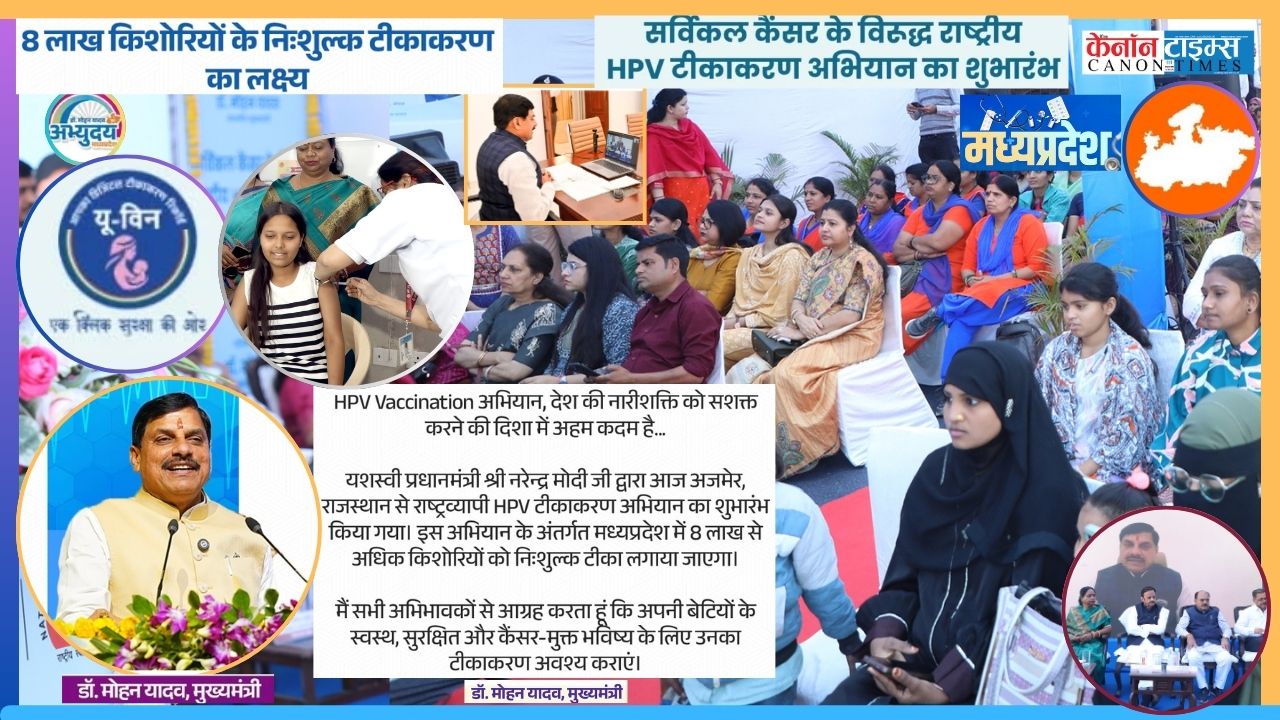Despite the Supreme Court’s clear directives on the demolition of properties — laid out under Article 142 of the Constitution — the disturbing trend of “bulldozer justice” continues to rage across parts of India. State governments, particularly those ruled by the BJP, seem to be using demolition drives not for urban planning or legal enforcement, but as a tool of public punishment — often targeting individuals from minority communities in the aftermath of unrest.
The top court had attempted to strike a balance: laying down that demolitions must follow due process unless public spaces are being encroached upon — like streets, riversides, or footpaths — in which case urgent action is permitted. Even so, the guidelines require a basic commitment to constitutional rights and procedural fairness. But in practice, these exceptions are being weaponised.
The concern is not with removing illegal encroachments — that’s the job of any municipal body. The problem is how and why these demolitions are being carried out. With a house razed hours after violence, and bulldozers parked outside homes even before investigations conclude, the messaging is clear: this isn’t about legality — it’s about punishment and power.
What’s worse is the silence — or, worse, complicity — of the political executive. The courts have rightly warned bureaucrats against ignoring procedure, but why stop short of holding chief ministers accountable when this “justice” is carried out in their name? After all, governance in a democracy means responsibility at the top.
In a typical Indian household, demolishing a property doesn’t just affect the alleged perpetrator — it tears apart families, displaces children, and ruins the lives of uninvolved elderly parents or spouses. The fallout is devastating. No trial, no hearing — just a machine and a message.
If tomorrow, governments led by other parties were to mimic this model — bulldozing homes of people from the majority community under similar pretexts — we’d see a national crisis unfold. Because it’s not about who is being punished, it’s about why punishment is being delivered without courts, without defence, without due process.
Leaders like Uttar Pradesh Chief Minister Yogi Adityanath have even worn bulldozer justice as a badge of honour — speaking of it as a tough response to lawlessness. But there’s a fine line between enforcing the law and becoming the law. In a democracy, the latter is dangerous territory.
Justice has forms — retributive, reformative, restorative — all recognised and debated in jurisprudence. Bulldozer justice belongs to none. It skips courts, skips trials, and skips humanity. It’s not law enforcement — it’s state-sponsored punishment. Worse still, it sets a precedent for retaliatory violence under official cover.
Even opposition parties have failed to raise this issue with the urgency it deserves. When fundamental rights are bulldozed, parliamentary disruption or national outrage is not only justified — it’s necessary.
Yes, riots and lawless violence must be condemned, and yes, enforcement must be strict. But the solution lies in stronger surveillance, smarter technology, and better prosecution — not instant demolitions. India has advanced satellite systems and real-time monitoring tools. These should be used for tracking, recording, and prosecuting rioters — not settling political scores.
This is inadequate considering the scale of damage and loss of life. The laws may need strengthening. But punishing people through bulldozers outside of courtrooms is not justice. It’s a descent into authoritarianism.
If India wants to protect its democratic soul, this Frankenstein monster of bulldozer justice must be restrained — before it bulldozes the Constitution itself.
Author: This news is edited by: Abhishek Verma, (Editor, CANON TIMES)
Authentic news.






